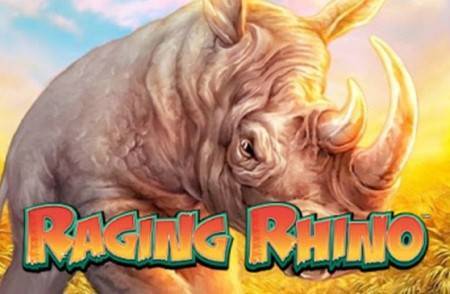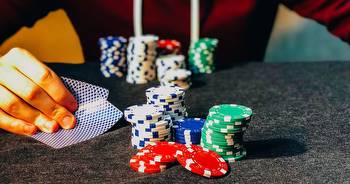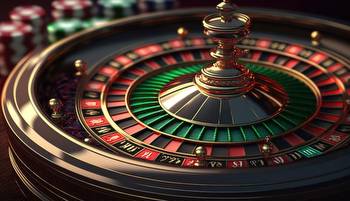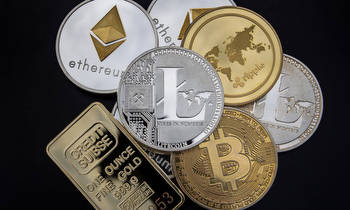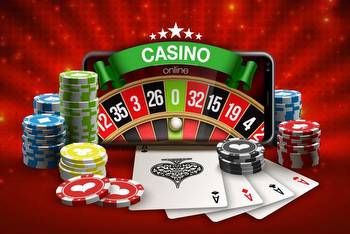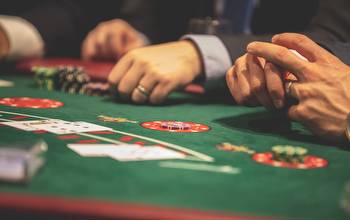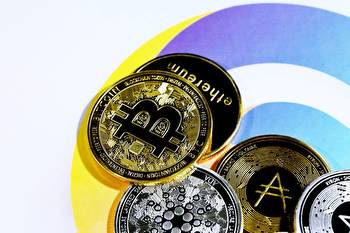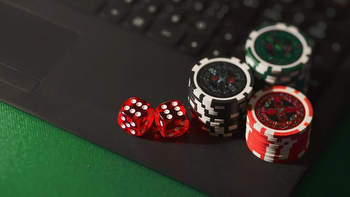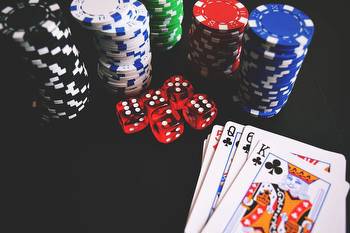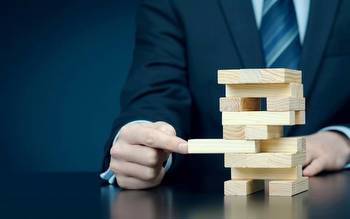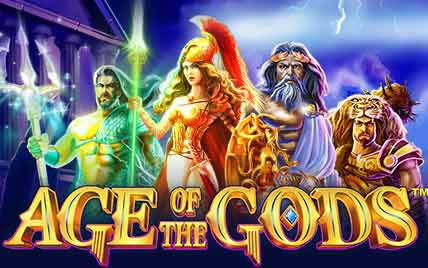The Psychology of Risk: Exploring the Similarities Between Crypto Trading and Casino Gambling
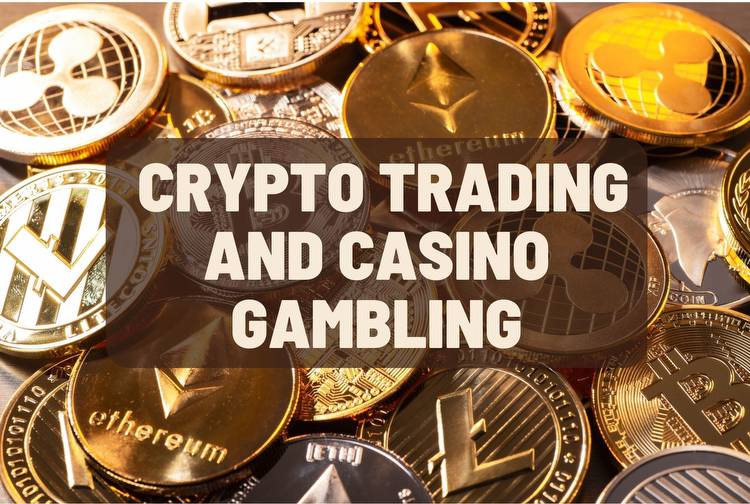
In the age of digital innovation, two seemingly distinct domains have captured the fascination of individuals seeking thrills and financial gains: crypto trading and casino gambling. While they might appear poles apart, a closer examination reveals an intriguing connection rooted in the psychology of risk-taking. Delving into the shared psychological aspects of these activities sheds light on the intricate ways in which humans navigate uncertainty, chase euphoria, and grapple with the allure of chance.
The Rush of Uncertainty
Both crypto trading and casino gambling thrive on the allure of uncertainty, inviting participants into an exhilarating dance with the unknown. The heart-pounding excitement that accompanies the unpredictability of outcomes is a sensation cherished by enthusiasts of both worlds. Whether it’s predicting a coin’s value surge or anticipating the roulette wheel’s spin, the adrenaline rush is a universal thread that binds these experiences together.
A core concept echoing through both arenas is “playing the odds.” Whether it’s analyzing charts to predict market trends or strategizing bets based on probabilities, the art of making calculated choices in the face of uncertainty is at the heart of both crypto trading and gambling.
If you’re interested in exploring more about the world of crypto casinos, you can also check out this informative article on crypto casinos to delve deeper into the connection between risk, uncertainty, and the gaming realm.
Highs and Lows of Winning
The emotional rollercoaster that accompanies wins and losses is a common denominator in both realms. In the realm of crypto trading, the euphoria of executing a successful trade mirrors the elation of hitting a jackpot on the casino floor. This emotional high transcends the screen and the slot machine, resonating in the hearts of individuals who bask in the glow of financial success.
However, the journey is not without its lows. Just as losses in crypto trading can be devastating, a losing streak in gambling can lead to a cascade of emotional turmoil. The tendency to chase losses, fueled by a desperate desire to recover what’s been lost, is a shared psychological reaction. The emotional toll of these losses, whether in the crypto market or at the poker table, often triggers introspection about one’s risk tolerance and decision-making strategies.
Gut Instinct vs. Rational Analysis
In the heat of the moment, gut instincts often take center stage in both crypto trading and casino gambling. The gut feeling of a promising trade or a winning bet can overpower rational analysis, leading to impulsive decisions. Balancing these intuitive impulses with strategic thinking is a challenge faced by traders and gamblers alike. Striking this equilibrium is a skill honed over time—one that can greatly impact outcomes in both domains. For those intrigued by the interplay of intuition and strategy, the exploration continues in an informative article on bitcoin betting sites, offering further insights into the fascinating world where instincts meet calculated choices.
Fear and FOMO (Fear of Missing Out)
Fear and the fear of missing out (FOMO) are powerful forces driving decision-making in both arenas. The fear of missing out on potential gains propels individuals to take risks that they might otherwise avoid. This fear-driven behavior, evident in both crypto trading and gambling, can lead to impulsive actions and hasty decisions.
The parallels extend further, as the fear of missing a winning opportunity mirrors the fear of missing a lucky streak. This intertwined relationship between fear and opportunity can dictate the course of actions, often leading participants to embrace uncertainty to avoid the regret of missed chances.
By unraveling the psychological threads shared by crypto trading and casino gambling, we gain a deeper understanding of how humans grapple with risk and chance in the modern world.
Cognitive Biases: Seeing Patterns Where None Exist
As humans, we’re prone to cognitive biases that cloud our judgment and decision-making. In both crypto trading and casino gambling, the allure of these biases can be irresistible. Take confirmation bias, for example. Traders and gamblers alike may seek information that supports their preconceived notions, inadvertently ignoring conflicting evidence. This bias can lead to suboptimal choices, as well as missed opportunities for course correction.
The gambler’s fallacy is another trap that ensnares both communities. Believing that past outcomes influence future probabilities, individuals may incorrectly assume that a losing streak is bound to be followed by a win. This can lead traders to stay in a losing trade and gamblers to bet larger amounts in hopes of breaking the streak. By recognizing and overcoming these biases, participants can navigate uncertainty with clearer vision.
The Illusion of Control
Humans have an innate need for control, particularly in situations fraught with uncertainty. This drive for control is prominent in both crypto trading and casino gambling. Traders may meticulously analyze charts and trends, seeking patterns that hint at a sense of mastery over the market’s fluctuations. Likewise, gamblers may develop rituals or superstitions in the belief that they can influence the outcome of a game.
While this sense of control can provide a psychological safety net, it’s crucial to acknowledge its limitations. The illusion of control can sometimes mask the reality that both markets and games of chance possess an element of randomness beyond human manipulation. Overestimating one’s control can lead to risky behaviors and inflated confidence that may not be justified by the actual odds.
Social Influence and Herd Mentality
Humans are inherently social beings, and this aspect is particularly evident in the worlds of crypto trading and casino gambling. Social influence and herd mentality play significant roles in shaping decisions. In crypto trading, traders might follow the investment strategies of popular influencers, even if those strategies don’t align with their own risk tolerance. Similarly, gamblers can be swayed by the behavior of others at the casino, whether it’s the excitement of a winning table or the frenzy around a slot machine.
Online communities and forums further amplify the influence of peers. Discussion platforms can validate certain biases, leading participants to make decisions that may not align with careful analysis. Recognizing the impact of social influence and actively questioning one’s choices in light of group dynamics is essential for maintaining independent decision-making.
In the realm of risk and uncertainty, the parallels between crypto trading and casino gambling run deep. From the exhilarating rush of unpredictability to the emotional highs and lows of wins and losses, these activities share a fundamental psychology. Cognitive biases, the illusion of control, and social influence serve as powerful forces that shape decisions in both arenas.
Understanding the psychological underpinnings of these similarities can empower participants to approach risk with heightened awareness. By acknowledging the biases that cloud judgment, questioning the illusion of control, and recognizing the sway of social dynamics, individuals can make more informed and rational choices. Embracing uncertainty becomes a calculated endeavor, infused with wisdom gained from the shared experiences of crypto trading and casino gambling.
Closing remark
As you navigate the world of risk and chance, remember: whether you’re analyzing market trends or placing your bets, the only certainty is uncertainty itself. In a world where the unexpected reigns supreme, perhaps it’s the recognition of our shared human tendencies that offers the greatest odds of all.







